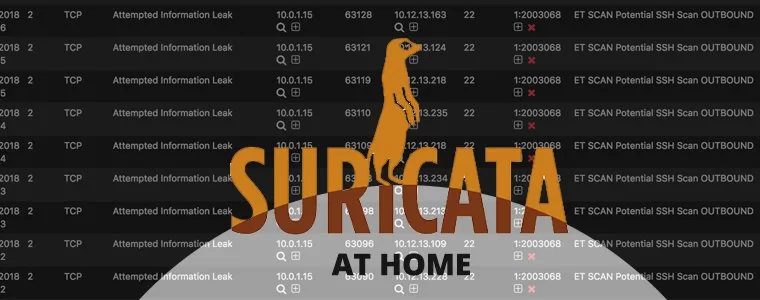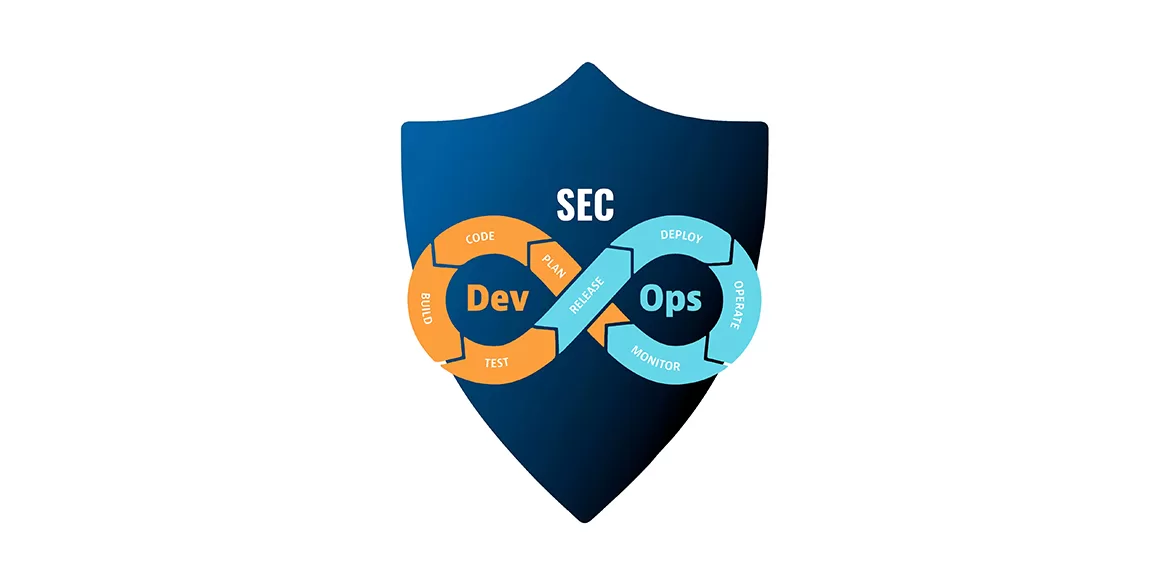
Email Security Platforms
Email security platforms play a pivotal role in the overall cybersecurity posture of an organization, serving as a frontline defense against a myriad of threats that can compromise sensitive information and disrupt business operations. As businesses increasingly rely on digital communication, the importance of robust email security measures cannot be overstated.
Defense Against Phishing Attacks
One of the primary reasons why email security platforms are critical lies in the prevalence of phishing attacks. Phishing remains one of the most common and effective methods employed by cybercriminals to gain unauthorized access to sensitive data. These attacks often involve deceptive emails that mimic legitimate communications to trick recipients into divulging confidential information, such as login credentials or financial details. A robust email security platform employs advanced threat detection mechanisms to identify and block phishing attempts, safeguarding users against falling victim to these malicious schemes.
Protection Against Malware and Ransomware
Moreover, email security platforms play a crucial role in defending against malware and ransomware. Malicious attachments and links embedded in emails are common vectors for the spread of malware. A single click on a seemingly harmless link or attachment can unleash a destructive payload, compromising the security and functionality of an entire network. By implementing robust email security measures, organizations can detect and neutralize these threats before they infiltrate their systems, preventing potential data breaches and financial losses.
Mitigation of Business Email Compromise (BEC) Attacks
Another aspect that underscores the critical nature of email security platforms is their ability to protect against business email compromise (BEC) attacks. BEC attacks involve cybercriminals gaining unauthorized access to a corporate email account, often through credential theft or other means. Once access is obtained, attackers can impersonate executives or employees to deceive others within the organization or external partners. Email security platforms employ authentication and authorization protocols to detect and prevent unauthorized access, mitigating the risk of BEC attacks and the associated financial and reputational damage.
Regulatory Compliance and Data Protection
In the context of regulatory compliance, email security platforms play a vital role in helping organizations meet data protection requirements. Many industries and jurisdictions have stringent regulations regarding the handling and protection of sensitive information, and non-compliance can result in severe penalties. Email security measures, such as encryption and secure transmission protocols, contribute to ensuring that sensitive data is handled in accordance with regulatory standards, bolstering the organization’s overall cybersecurity posture.
Continuous Monitoring and Adaptation
Furthermore, the evolving nature of cyber threats necessitates continuous monitoring and adaptation of security measures. Email security platforms often incorporate machine learning and artificial intelligence capabilities to analyze patterns and detect emerging threats in real-time. This proactive approach enables organizations to stay ahead of cybercriminals and implement timely countermeasures to protect their digital assets.
In conclusion, email security platforms are indispensable components of a robust cybersecurity posture. They provide a multifaceted defense against phishing attacks, malware, ransomware, BEC, and other cyber threats that can compromise the integrity of an organization’s digital communication and data. As businesses continue to navigate the digital landscape, investing in advanced email security solutions is not just a best practice; it is a fundamental necessity to safeguard against the ever-evolving landscape of cyber threats.







